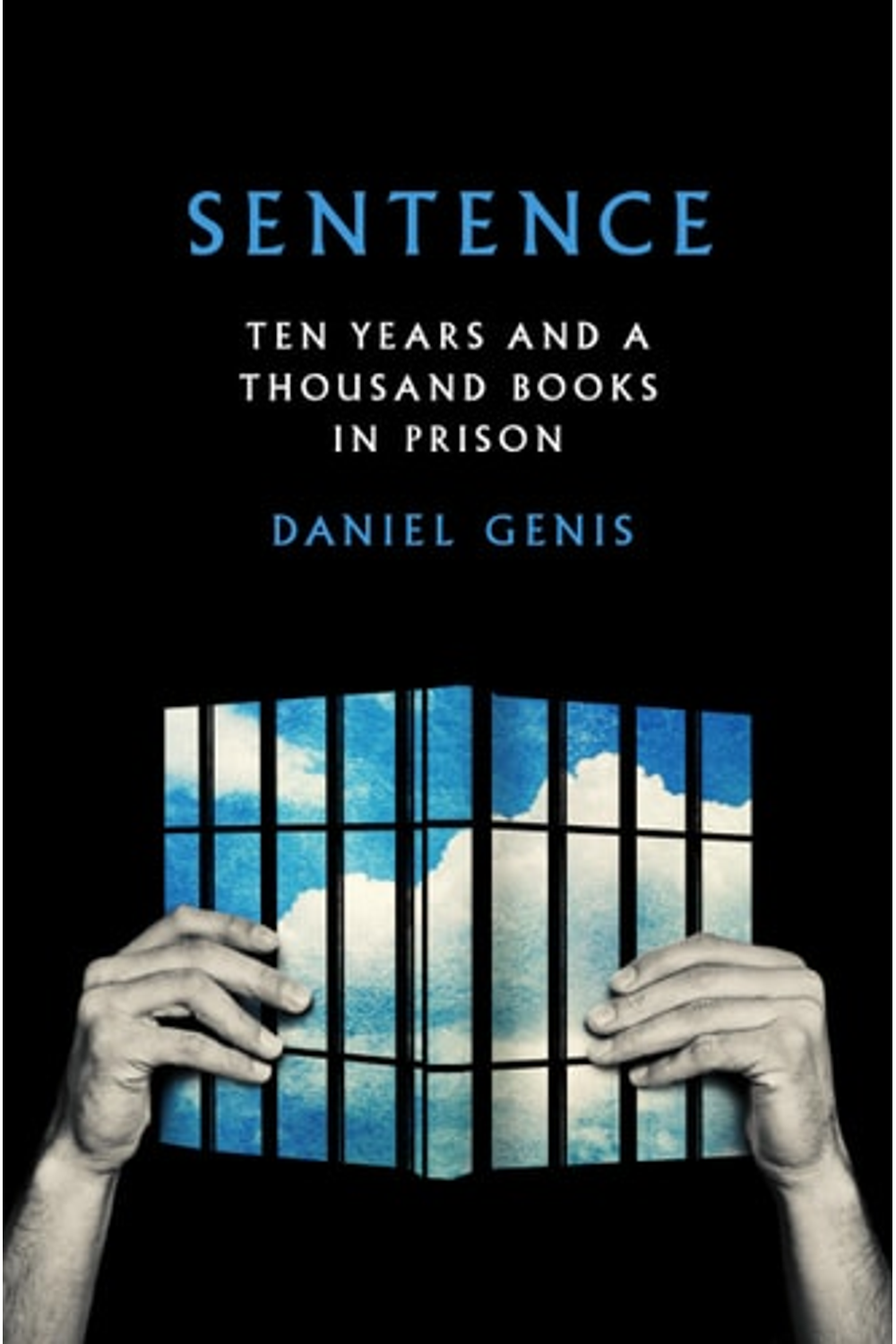A captivating memoir by Daniel Genis, *Sentence: Ten Years and a Thousand Books in Prison* plunges readers into the brutal reality of the American penal system. After a heroin addiction fueled petty crimes, the son of a famed Soviet migr found himself nicknamed “The Apologetic Bandit” and sentenced to a decade behind bars. Genis doesn’t flinch from depicting the violence, the gang dynamics, and the constant struggle for survival within prison walls. But amidst the darkness, he discovered unexpected sources of strength: voracious reading, weightlifting, and surprising intellectual camaraderie with fellow inmates. More than just a crime story, *Sentence* is a compelling narrative of redemption and intellectual awakening. Genis consumed over 1,000 books, transforming his cell into a personal university. The book also unveils the ingenuity required for basic survival, the complex dynamics of the prison ecosystem, and the devastating effects of solitary confinement. Ultimately, it’s a powerful testament to the human spirit’s capacity for resilience, offering a unique perspective on crime, punishment, and the transformative power of literature. Experience the extraordinary journey of a man who found salvation and self-discovery within the confines of a prison cell. Fans of true crime, memoirs, and stories of personal transformation will find this unforgettable.
Sentence: Ten Years and a Thousand Books in Prison
22,98 $
In stock
A memoir of a decade in prison by a well-educated young addict known as the “Apologetic Bandit”
In 2003 Daniel Genis, the son of a famous Soviet migr writer, broadcaster, and culture critic, was fresh out of NYU when he faced a serious heroin addiction that led him into debt and ultimately crime. After he was arrested for robbing people at knifepoint, he was nicknamed the Apologetic Bandit in the press, given his habit of expressing regret to his victims as he took their cash. He was sentenced to twelve yearsten with good behavior, a decade he survived by reading 1,046 books, taking up weightlifting, having philosophical discussions with his fellow inmates, working at a series of prison jobs, and in general observing an existence for which nothing in his life had prepared him.
Genis describes in unsparing and vivid detail the realities of daily life in the New York penal system. In his journey from Rikers Island and through a series of upstate institutions, he encounters violence on an almost daily basis, while learning about the social strata of gangs, the court system that sets geographic boundaries in prison yards, how sex was obtained, the workings of the black market in drugs and more practical goods, the inventiveness required for everyday tasks such as cooking, and how debilitating solitary confinement actually isall while trying to preserve his relationship with his wife, whom he recently married.
Written with empathy and wit, Sentence is a strikingly powerful memoir of the brutalities of prison and how one man survived them, leaving its walls with this book inside him, one made of pain and fear and laughter and lots of other books.
Related products
-
Classic Ephemera
13,50 $
- Additional information
- Currencies
- USD – United States dollar
- EUR – Euro
- GBP – Pound sterling
- CNY – Chinese yuan
- BRL – Brazilian real
- MXN – Mexican peso
- JPY – Japanese yen
- PHP – Philippine peso
- THB – Thai baht
- PLN – Polish złoty
- CAD – Canadian dollar
- MYR – Malaysian ringgit
- AUD – Australian dollar
- TWD – New Taiwan dollar
- CZK – Czech koruna
- SEK – Swedish krona
- HUF – Hungarian forint
- ILS – Israeli new shekel
- CHF – Swiss franc
- HKD – Hong Kong dollar
- DKK – Danish krone
- SGD – Singapore dollar
- NOK – Norwegian krone
- NZD – New Zealand dollar





